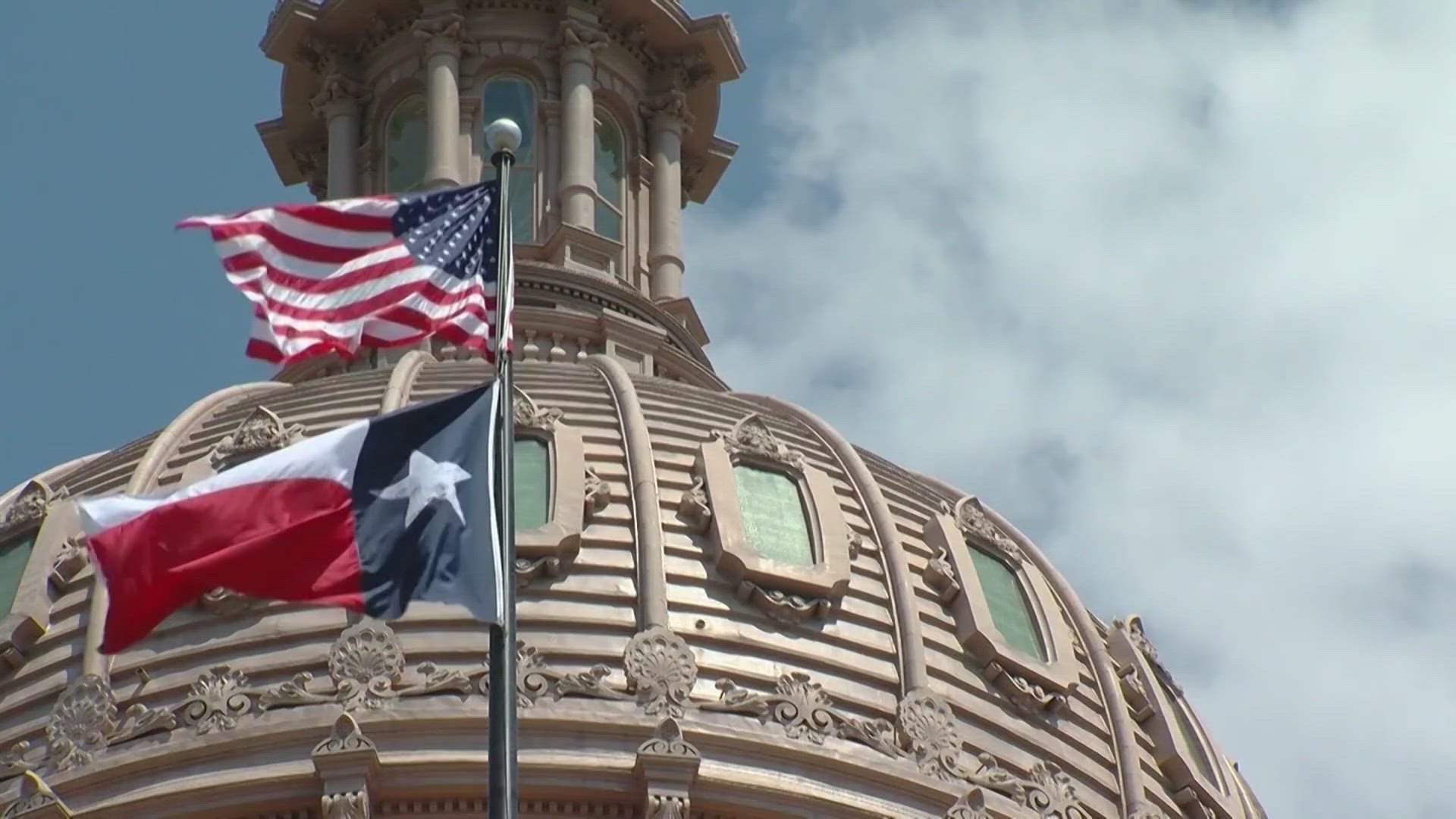HOUSTON — Attorneys for the state of Texas and the Biden administration squared off Wednesday in oral arguments over a law known as Senate Bill 4 in front of a federal appeals court in New Orleans.
A legal battle has been ongoing for months, with a federal judge in Austin blocking the law in February, saying SB4 conflicts with federal law.
SB4 was briefly enacted in March thanks to a U.S. Supreme Court decision on a question over an administrative stay in the legal proceedings. Hours later, the Fifth Circuit Court of Appeals put the block back in place, thanks to a 2-1 vote.
On Wednesday, attorneys on both sides went before a three-judge panel at the Fifth Circuit Court of Appeals to argue their case.
Texas Solicitor General Aaron Nielson, arguing for the state, said SB4 was enacted to handle an overwhelming situation at the Texas-Mexico border. Nielson said because the federal government was not providing the necessary resources to address the issue, Texas felt it necessary to put in place a state law that mirrors federal statute.
“Now, to be fair, maybe Texas went too far,” Nielson told the judges. “And that's the question this court's going to have to decide. But that's the context in which we are here. Texas has looked at the Supreme Court precedent and the laws that Congress has enacted and has tried to develop a law that goes up to the edge, but no further.”
Daniel Tenny from the U.S. Department of Justice, representing the Biden administration, said provisions of SB4 overstep the state’s authority on immigration matters, which the Constitution says falls under federal jurisdiction. Tenny emphasized that questions about the parts of the law that have to do with removing a person from Texas are moot because the arrest is already in violation of the federal government's authority on immigration.
“If the court is persuaded that the criminal provisions of SB4 are preempted by federal law as indicated it was likely to do in the state opinion, then really nothing that was said about the removal provisions matters, because the removal provisions kick in only at the end or sometimes at the outset of the criminal proceedings,” Tenny said.
It is not clear when the court will issue a decision. Regardless of which way the decision goes, the case is likely to go to the U.S. Supreme Court.

